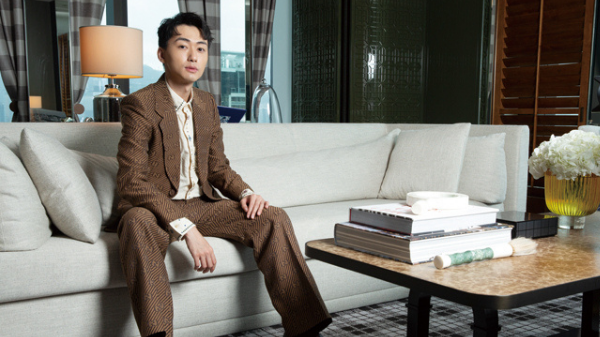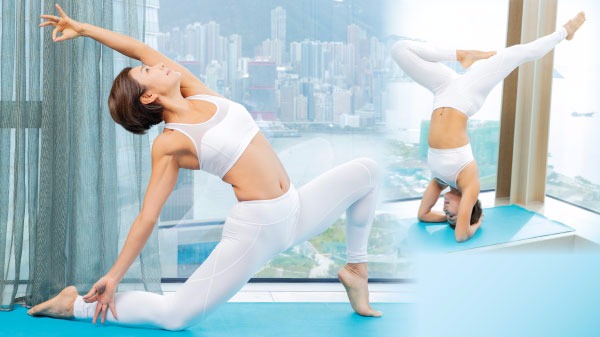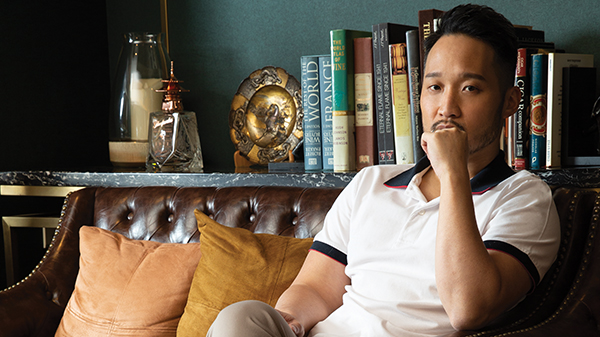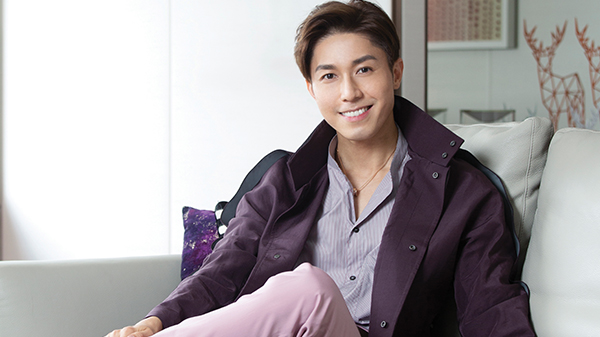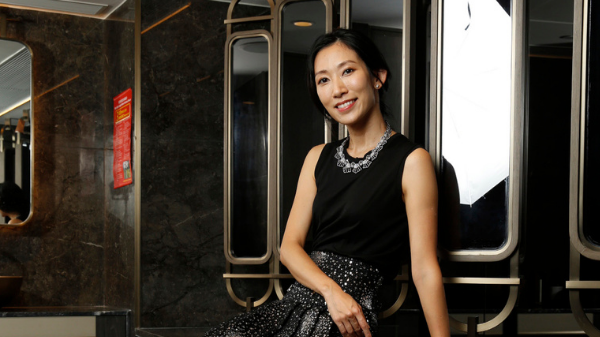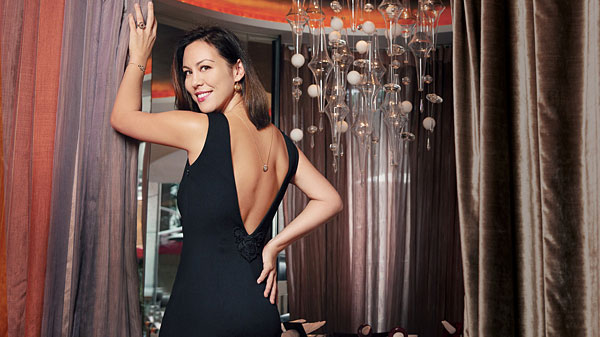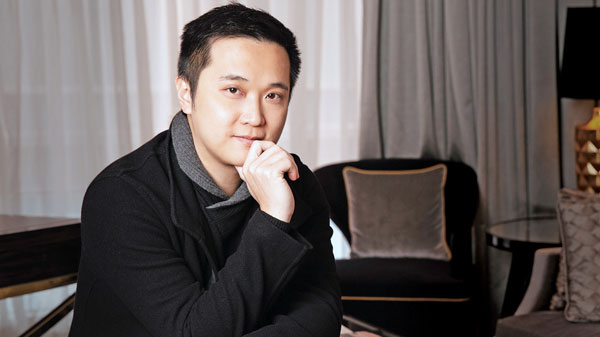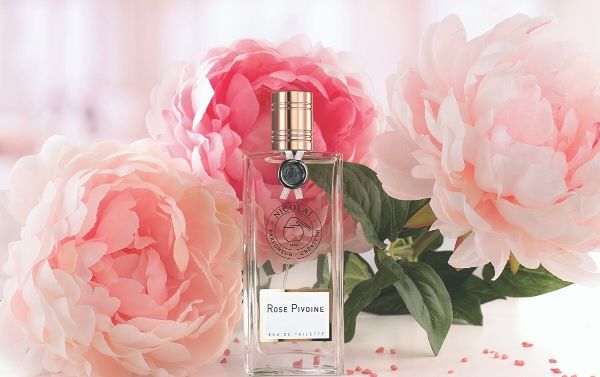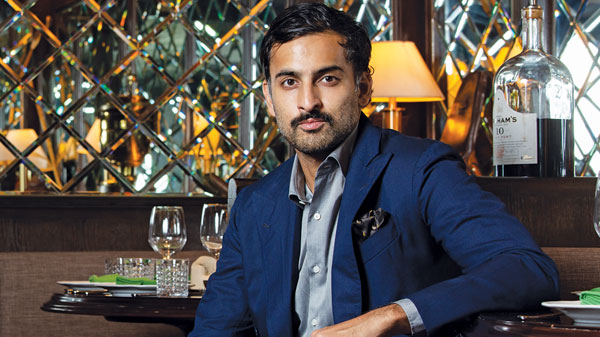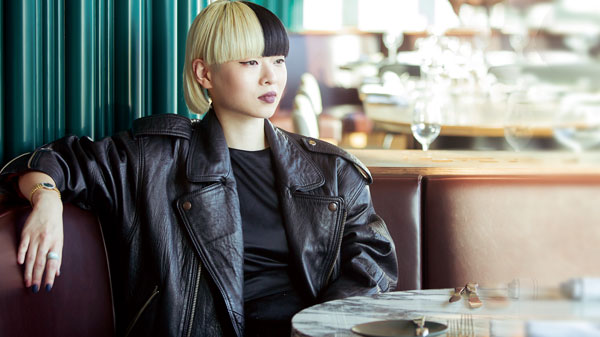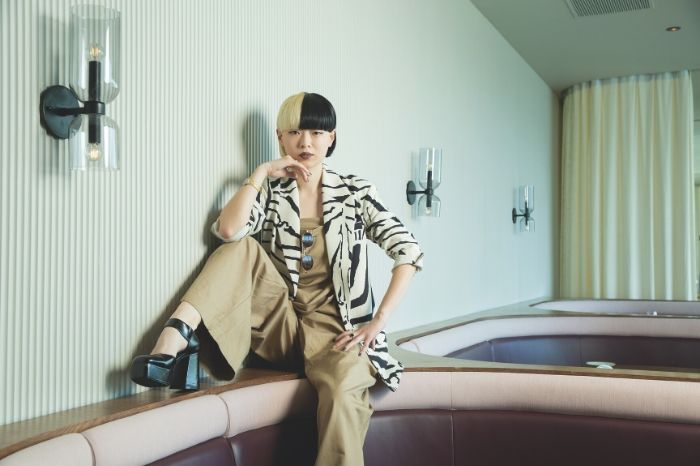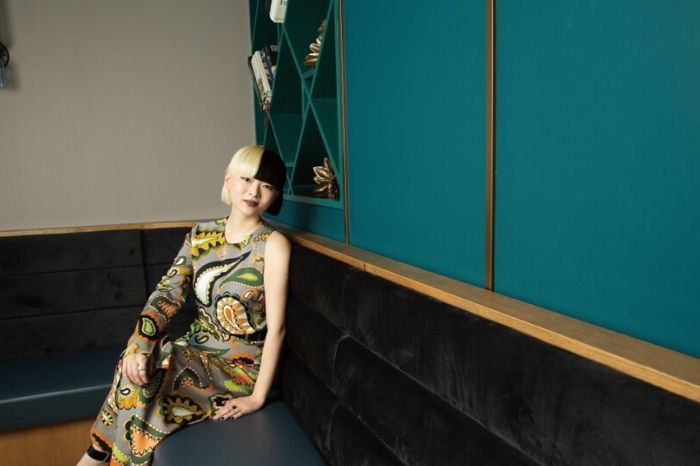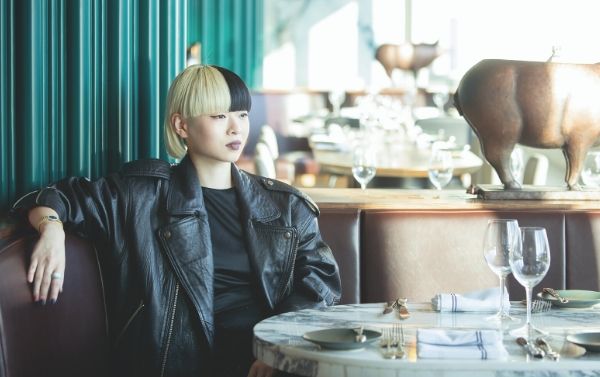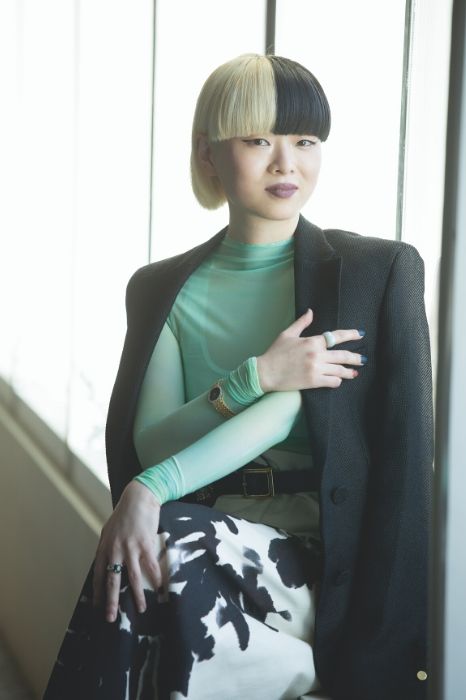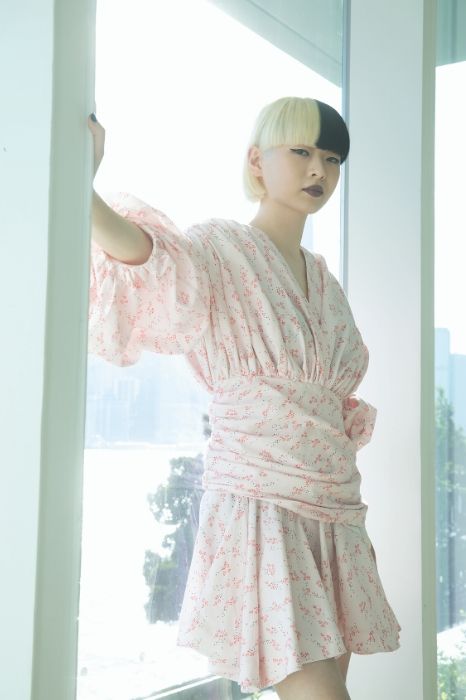Fashion key opinion leader Charles Lam speaks about initial challenges that he faced, changing fashion trends and the effect of social media
With hundreds of thousands of Instagram and other social media followers and a slew of collaborations with global luxury brands under his belt, digital fashion influencer Charles Lam is undoubtedly well established in the luxury fashion sphere…
What were the biggest challenges you encountered before becoming a leading social media fashion influencer?
The biggest challenge of all was there wasn’t any role model before me. Back then, there was no such thing as a key opinion leader (KOL) or fashion influencer. The term wasn’t there yet. I started with Instagram, which was purely for sharing photos then. By the time the term ‘fashion influencer’ came about, I was probably regarded a pioneer among the first generation. Unlike a teacher who wants to become a principal one day, I didn’t know where I was going. My parents once asked what I was doing because they didn’t have any clue. My friends asked if Instagram offered a career path and suggested for me to do something more solid. There were lots of doubts and I couldn’t tell them if I was going in the right direction. It was a very uncertain journey that I took. Many freelancers faced the same problem – at work one day, but perhaps unemployed the next day.
How did you overcome those challenges?
There is this Chinese saying: “Create wind and waves by yourself”. When the sea is calm, you have to make your own waves for someone to see you. Before I got to work with famous brands and signed legitimate projects, I tried to create many projects. I once owned a very small-scale brand that focused a lot on street wear, mainly shirts. It helped me reach lots of teenagers. You have to be proactive instead of waiting for opportunities to come. You need to create them instead of whining about why opportunities didn’t go your way.
What was the single most important achievement of your C1 Production multimedia company in the past year or two?
The most important was the recent project that we did for Chanel Coco Crush in which I took charge of the whole process, from brainstorming to presenting ideas to the client and the production and post production teams. Everything went smoothly and the client was very happy since almost 100 percent went according to the original idea that I proposed. It’s actually experimental for a jewellery brand to do this type of work in which I injected lots of our own daily life clips into the video that we produced. I think the jewellery we wear truly captures our unique personalities.
“You need to be proactive instead of whining about missed opportunities”
What new projects does C1 Production plan to undertake?
We’ve always been doing videos for Instagram use that’s always been under one minute. But we’re now exploring videos of longer duration because people tell me that C1 Production is not just a production house, but more of a storyteller. We can tell a story within one minute, but we’ll explore videos of longer duration, like three-minute music videos or short movies so we can further enhance the storytelling aspect. We have lots of messages that we would like to communicate. Before 2020, we had been consistently travelling. The work that we’d been doing was very sharp and very short. Since we’re all in Hong Kong this year, we’re thinking of doing more complex, larger-scale storytelling, using bigger sets perhaps or longer shooting times that might take two to three months. I would like to expand C1 Production’s horizon so its work is not confined to just photography and videography, but all are further geared towards creativity.
How do you conceptualise creative ideas for new projects? Is it divine inspiration, research or brainstorming with your colleagues?
The conceptualisation process is always random. I learned, though, how to become more systematic when I was in the university, where I took up advertising design. We were taught how to answer a “how-to-get-to” brief, including identifying who the audience is, what you want to tell them through methods on how you do things. This concept is always on my mind. But concepts and ideas come randomly, and you cannot force them. They sometimes appear in my dreams, but they fade away. So, when I wake up, I try to remember my dreams. I believe ideas also come from music, movies, dramas, everything so I always explore the world through all types of art magazines, and now, through social media. I always browse through different [web] pages and I save lots of posts that demonstrate how they do their editing, how they tell a story, what angles people are using. We don’t copy since research trigger your thoughts to come up with new ideas.
As a fashion KOL, what do you regard as the single most important development in Hong Kong’s fashion industry in the past year or two?
I think the most significant change in Hong Kong and across the world is the decline of “fast fashion”. Fast-fashion houses, like H&M, ZARA and other brands, very very big before. But today, even top brands are closing down outlets. I think there’s a change in trends and people’s mindsets. There is now a shift in focus from quantity towards quality. With Covid-19 in Hong Kong, people may not be shopping as much as before, so they can save up and purchase quality clothes, essentially buying less but more selectively, unlike before. I think fast fashion will continue fading away.
“The most signifiant change in Hong Kong’s fashion scene is the decline of fast fashion”
In the future, what major new fashion trends do you foresee in Hong Kong?
Changes in fast fashion will definitely continue. Individualism will also become a very huge trend. I think people will try to express themselves in more ways because of the rise of different types of social media, like Tiktok. People will try to create fashion in their own ways, like using a pillow to create their own dress. All kinds of very personalised fashion will emerge. People are no longer afraid, and even men have their nails polished and sport all types of hair colours which are very bold and game changing. People will also go for very niche designers who are rising up very quickly. Because of digital platforms, I can, for instance, reach out to a designer in Dubai or in any part of the world.
In what ways can social media bring positive changes to Hong Kong’s fashion scene?
I always think that social media offer different opportunities to lots of people like myself. Recently, Hong Kong Fashion Week was held on social media because a physical show couldn’t be done. Social media serve as a very good platform for everyone to let people know about events. Also, I’m seeing more and more collaboration between different brands and designers through Instagram and Tiktok. It’s all about collaborating and making noises and sparkles between maybe two totally different brands, like for instance Mercedes and Prada and a fashion designer, and creating something that is totally new. Crossover is a term that’s been there for 10 years, but it remains very strong. I would be collaborating and crossing over in some of my future projects. I foresee more crossovers for major brands, like Prada and Dior, and even for small brands as this could fast track their expansion and reach.
Thank you.
Interview by: Jun Concepcion Photos: Jack Law
Fashion Styling & Art Direction: Jhoshwa Ledesma
Hair: Alex Blue (@Orient 4)
Venue: Rosewood Hong Kong
Wardrobe: Dior, Celine, Gucci, Demo, Versace, Louis Vuitton
Jewellery: Piaget



